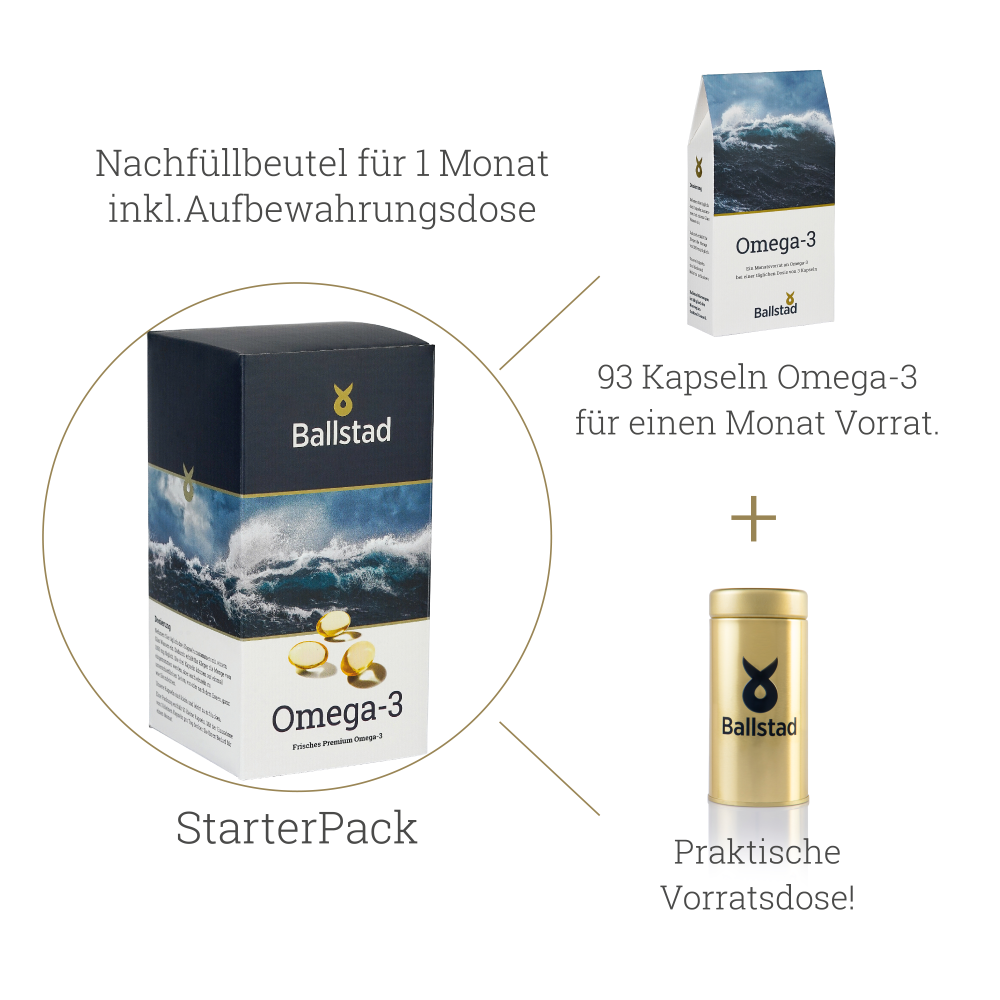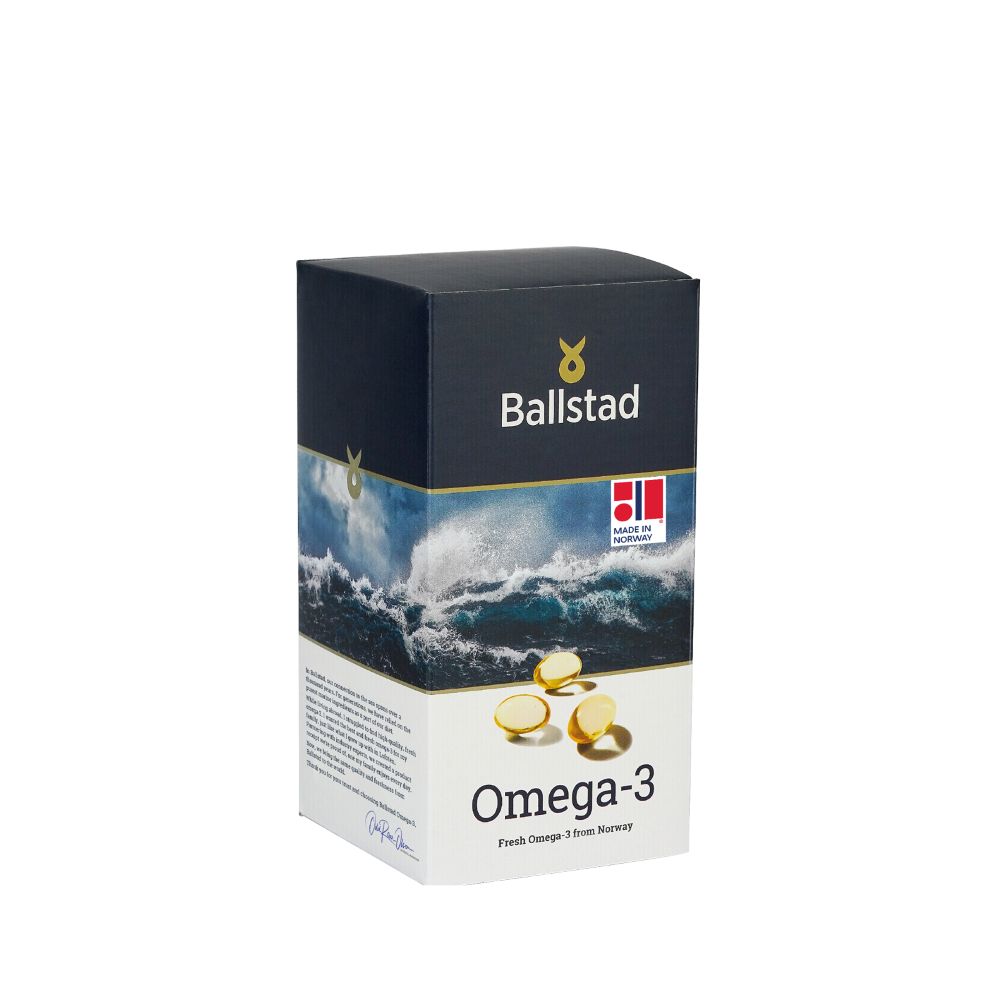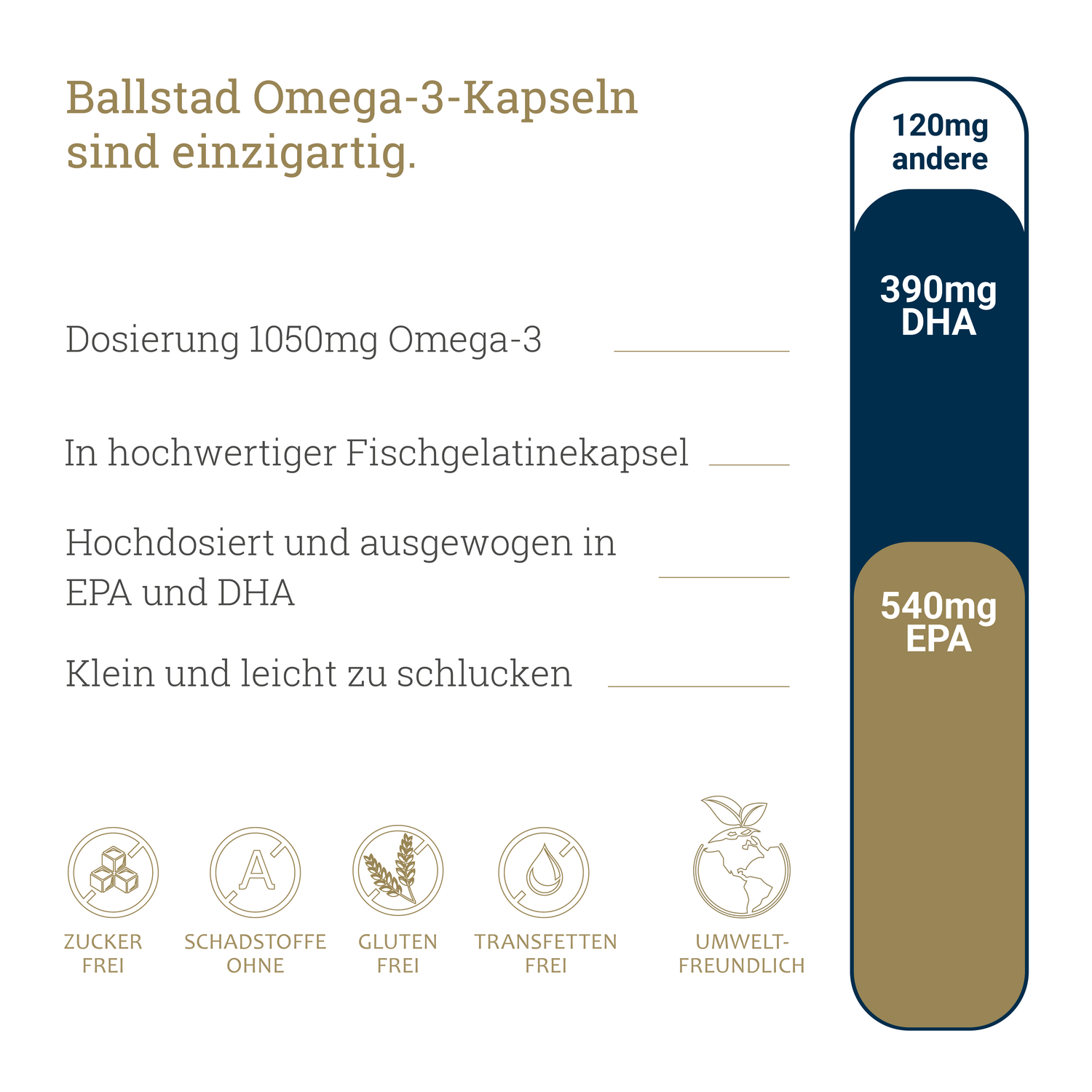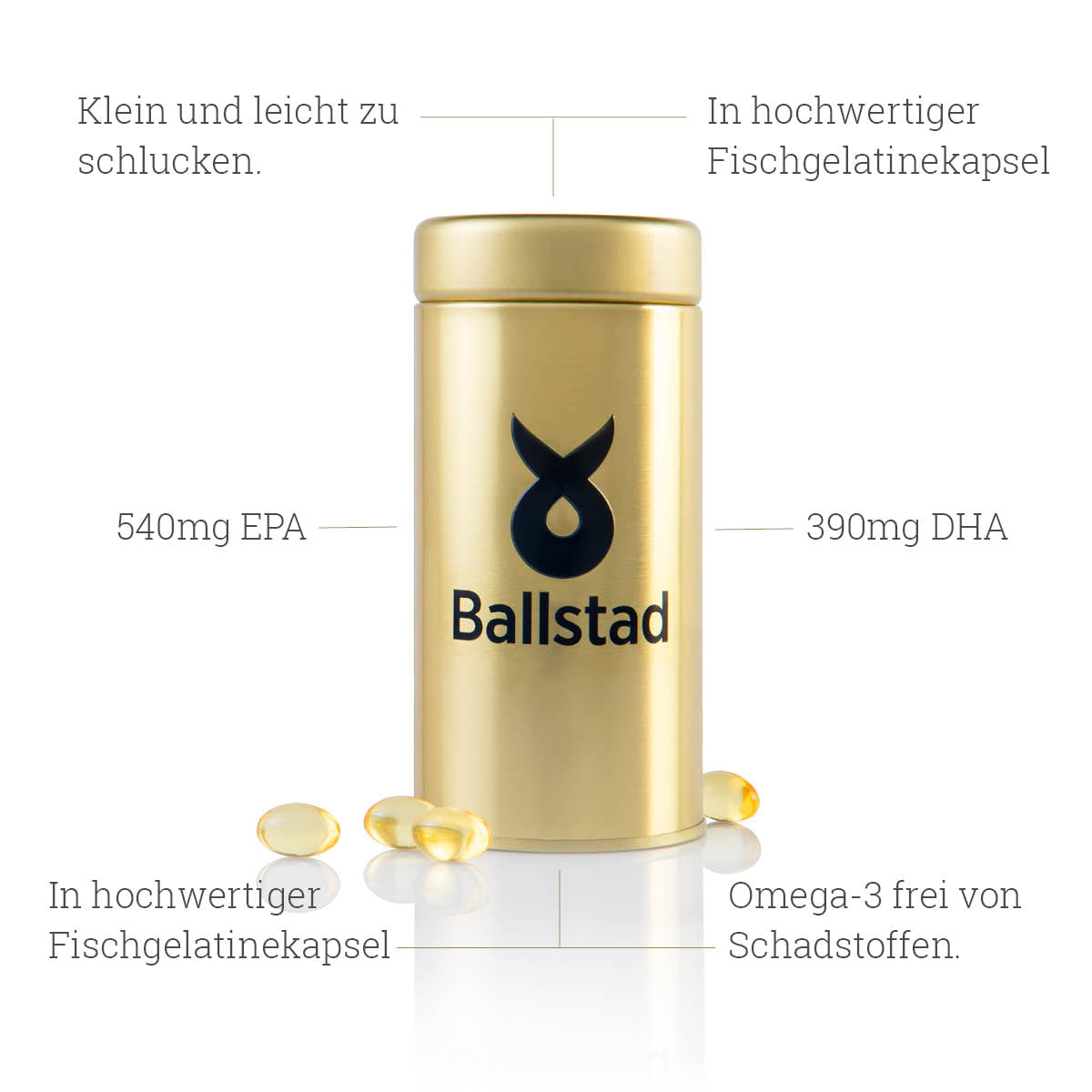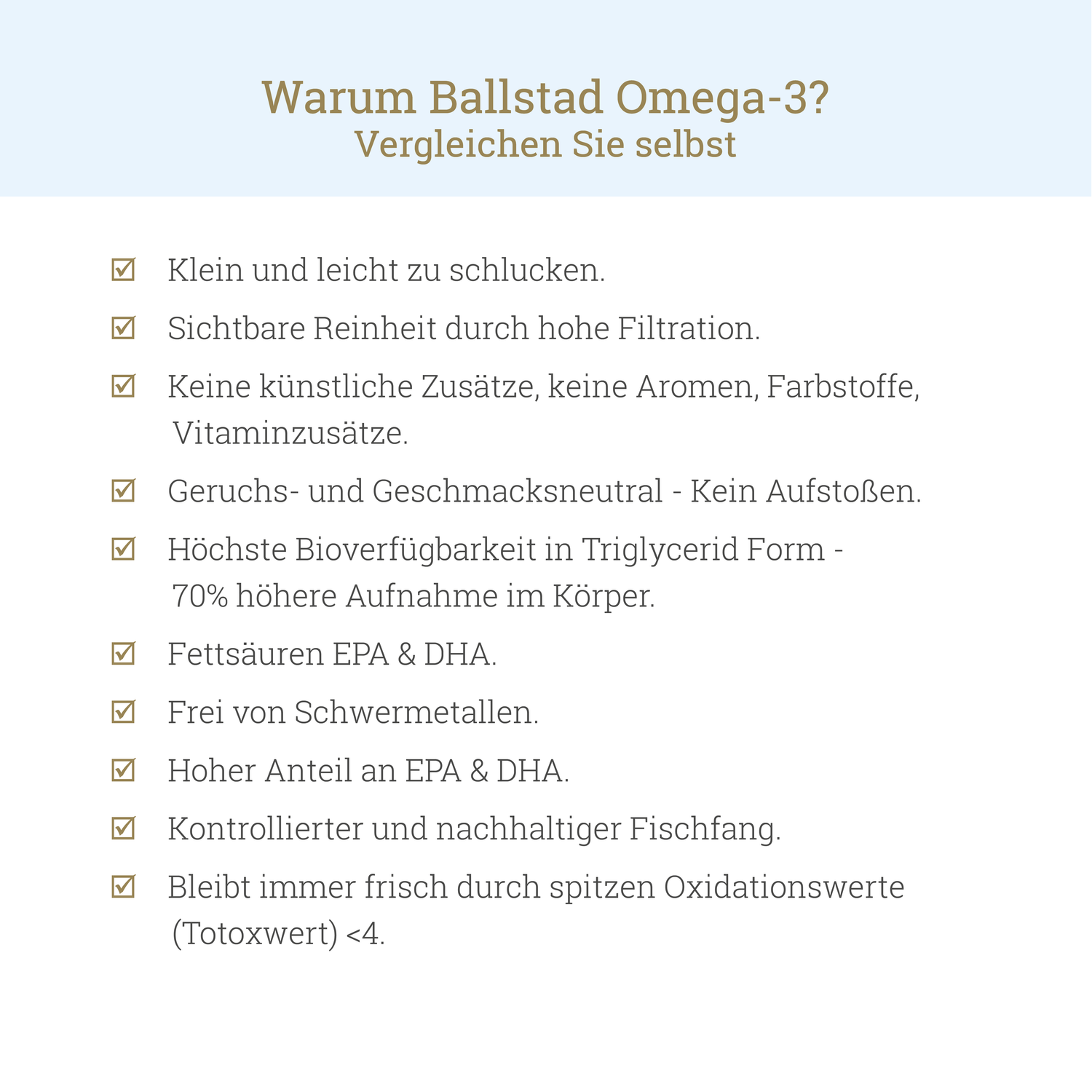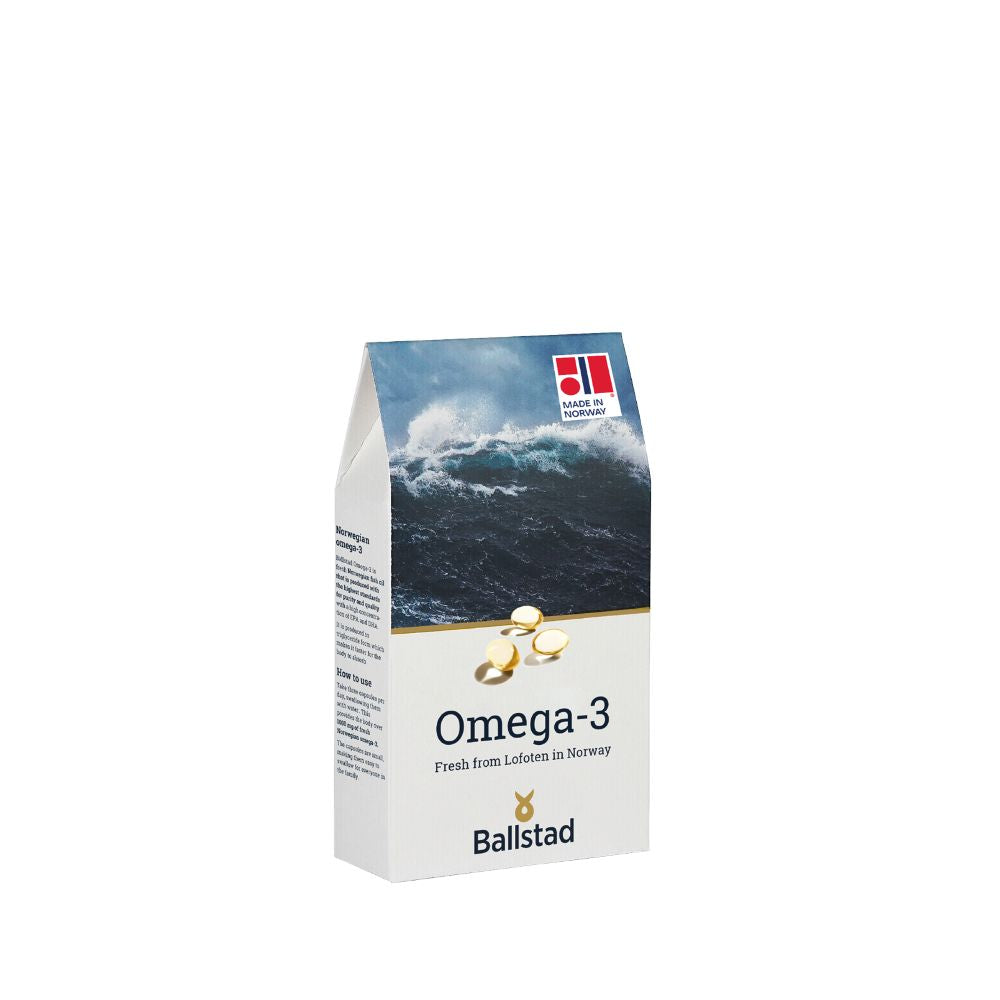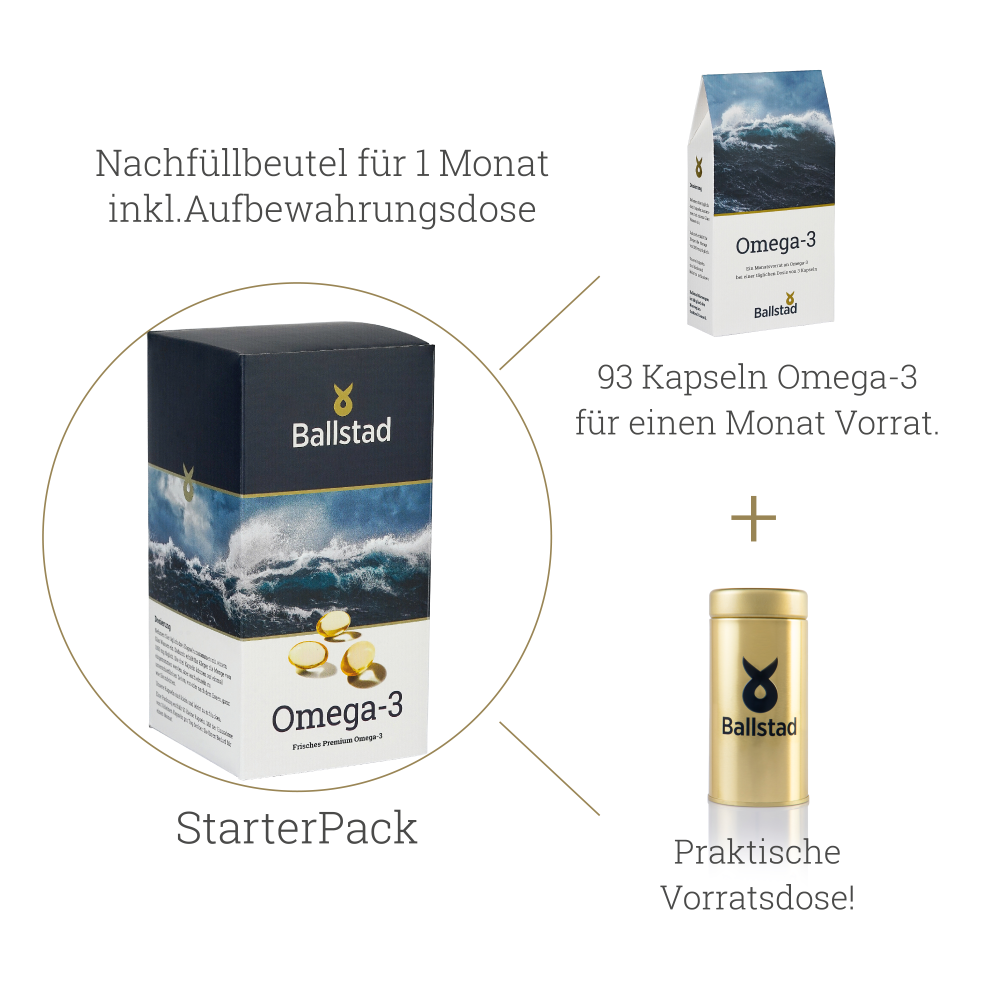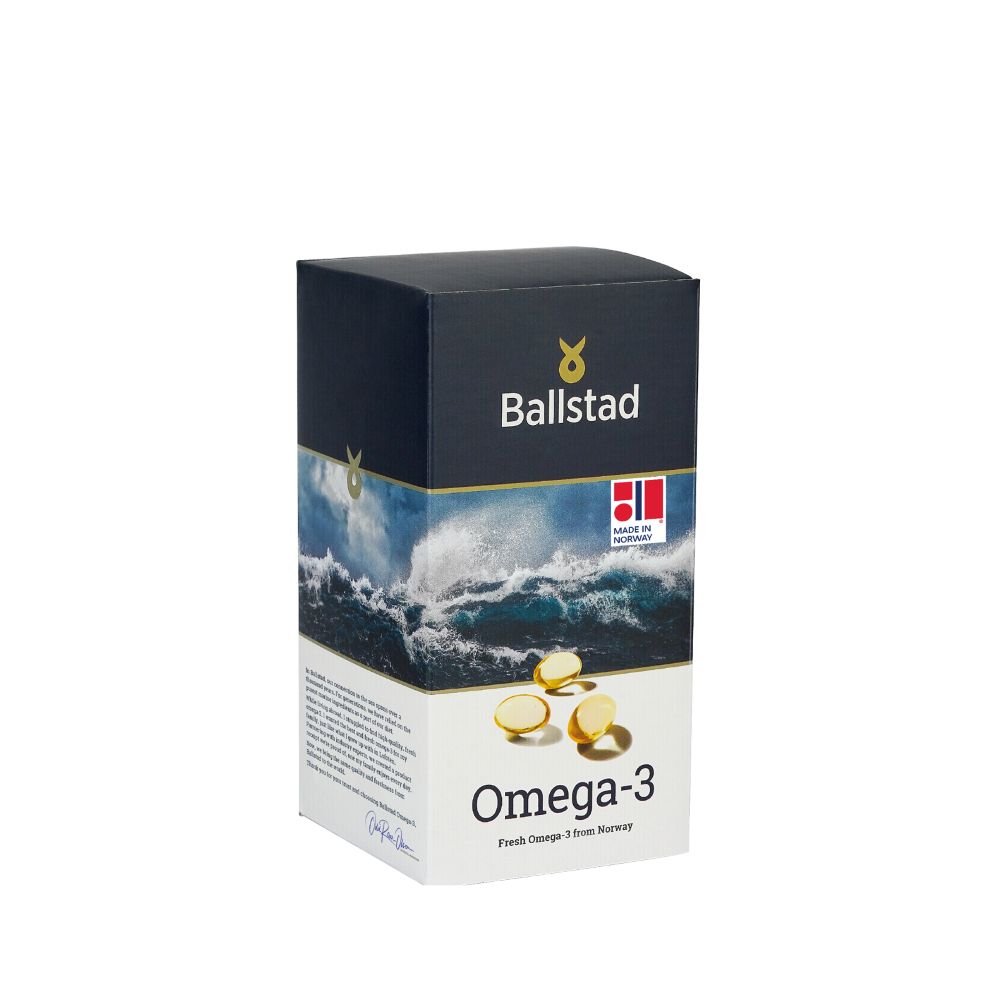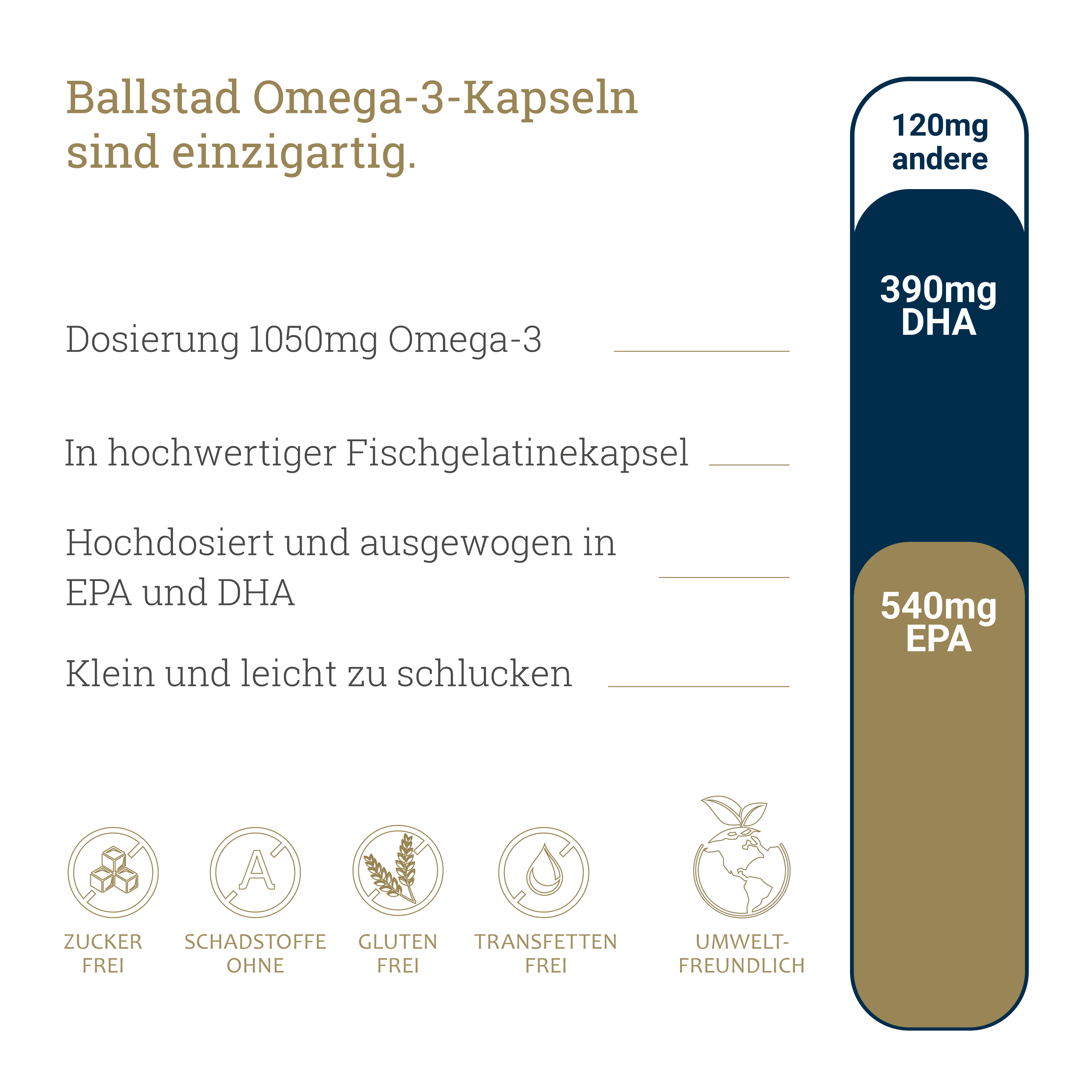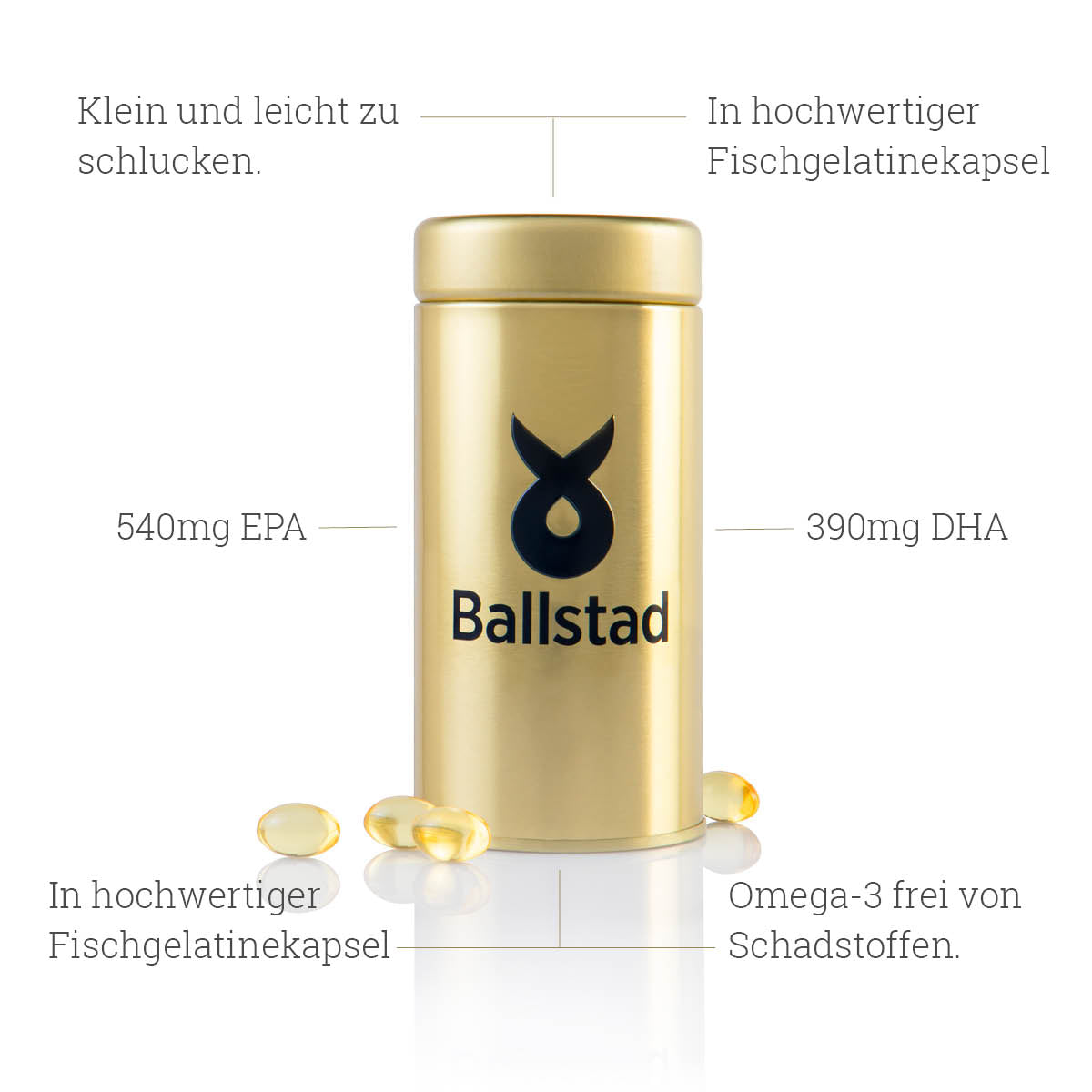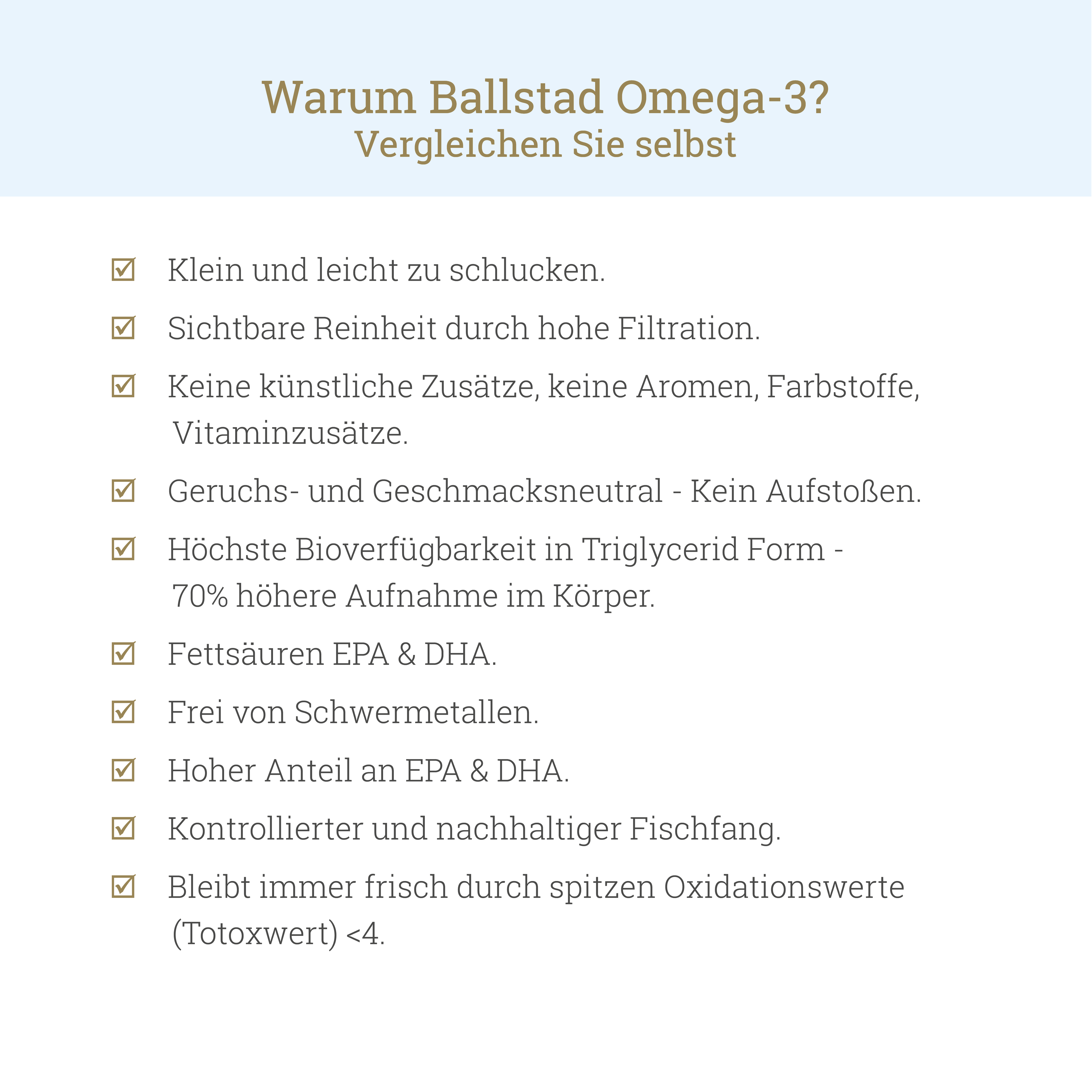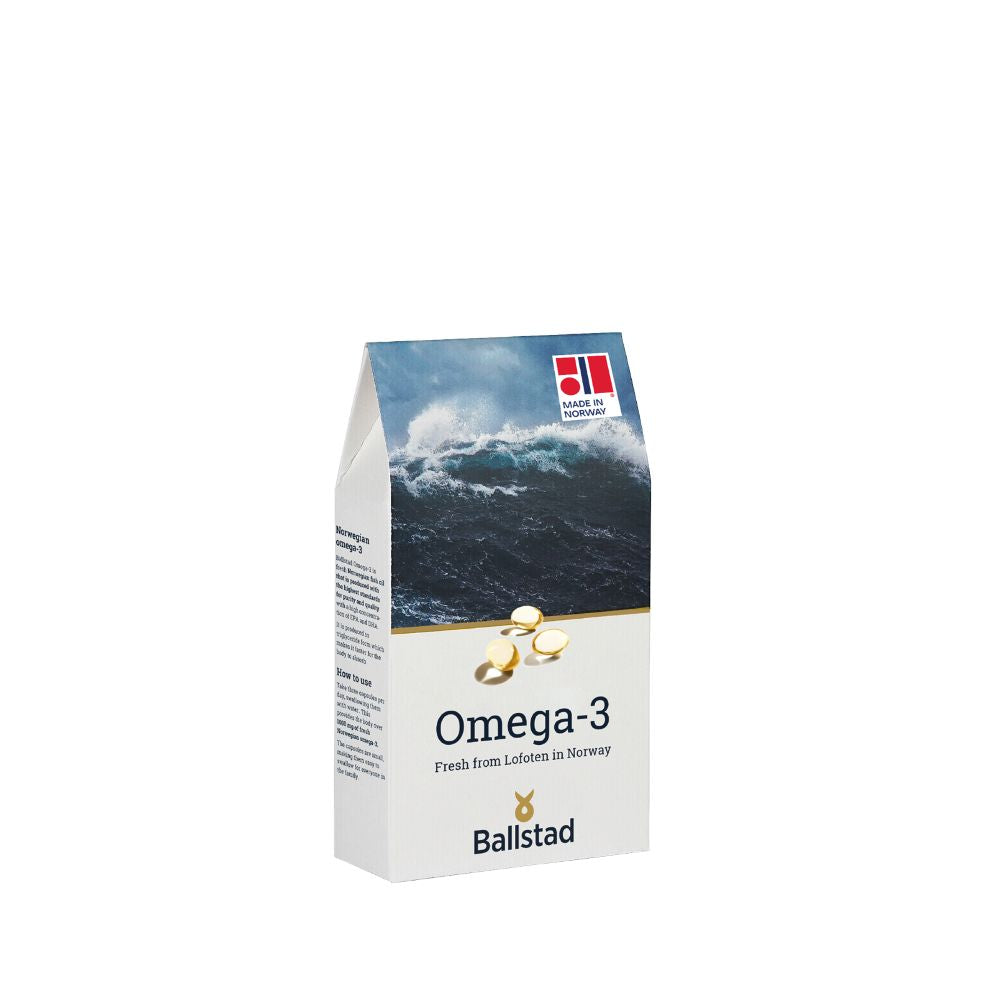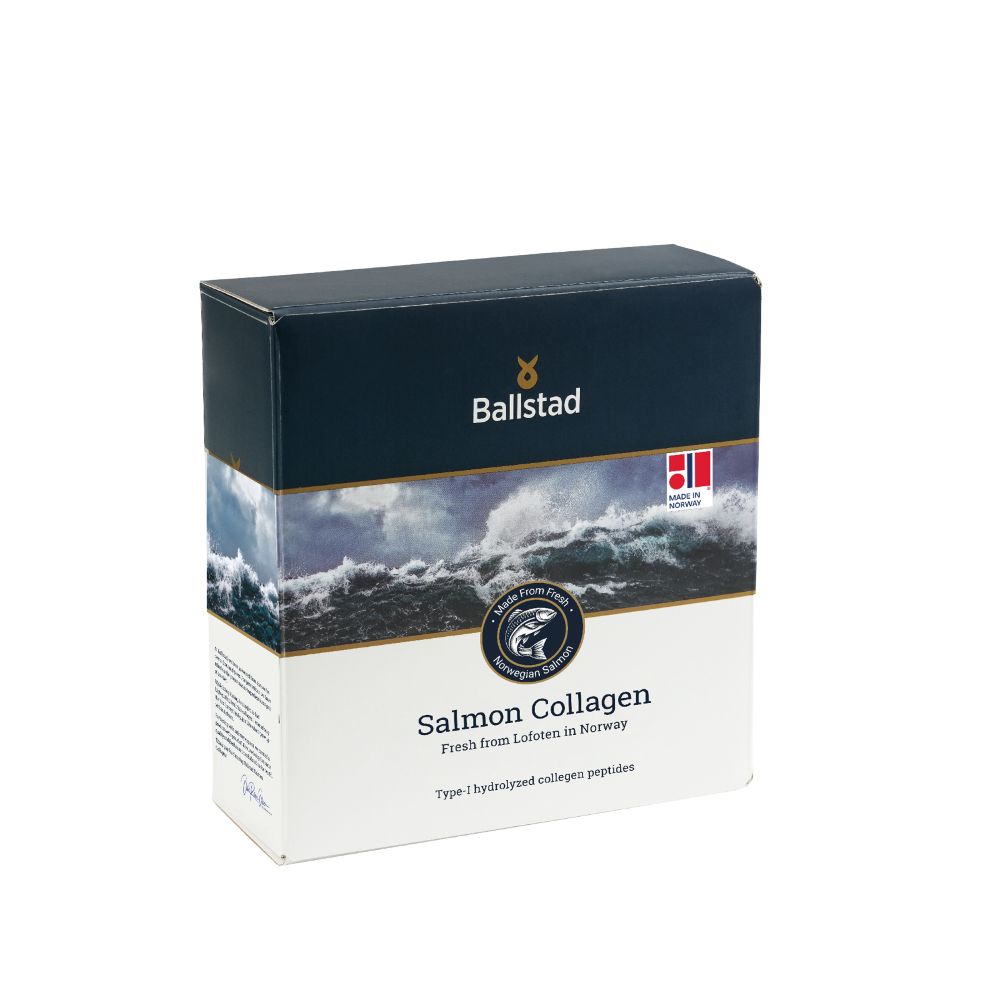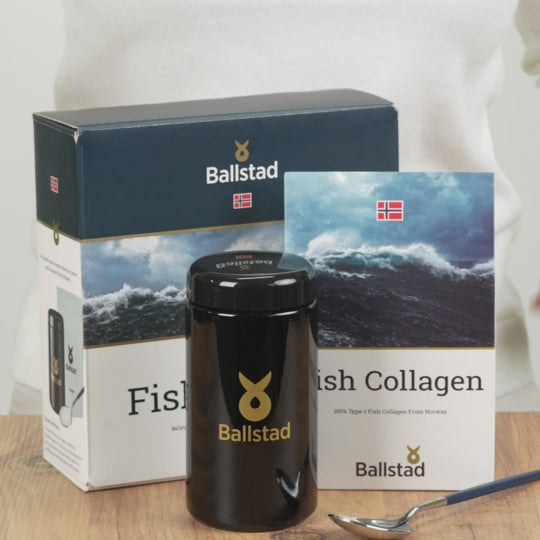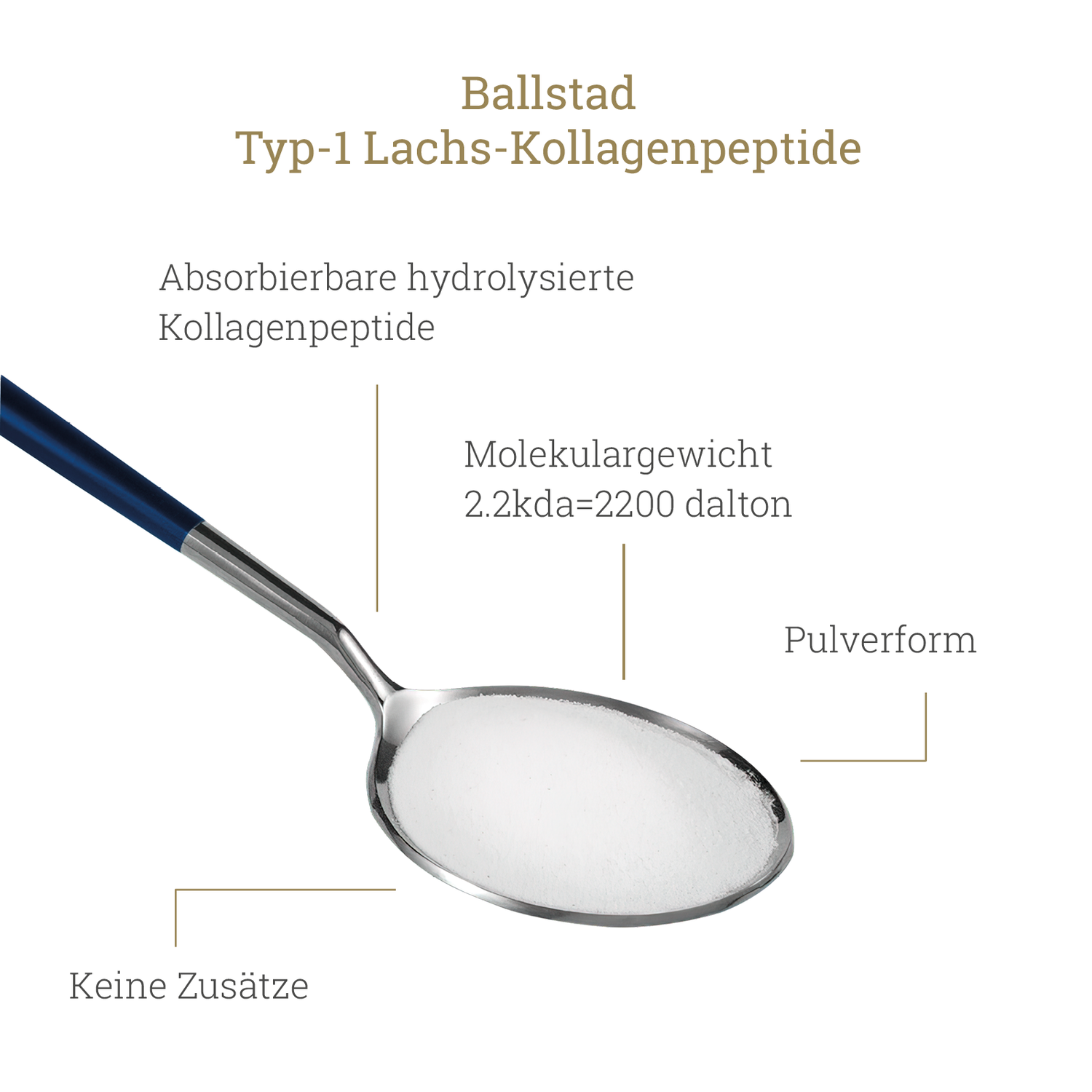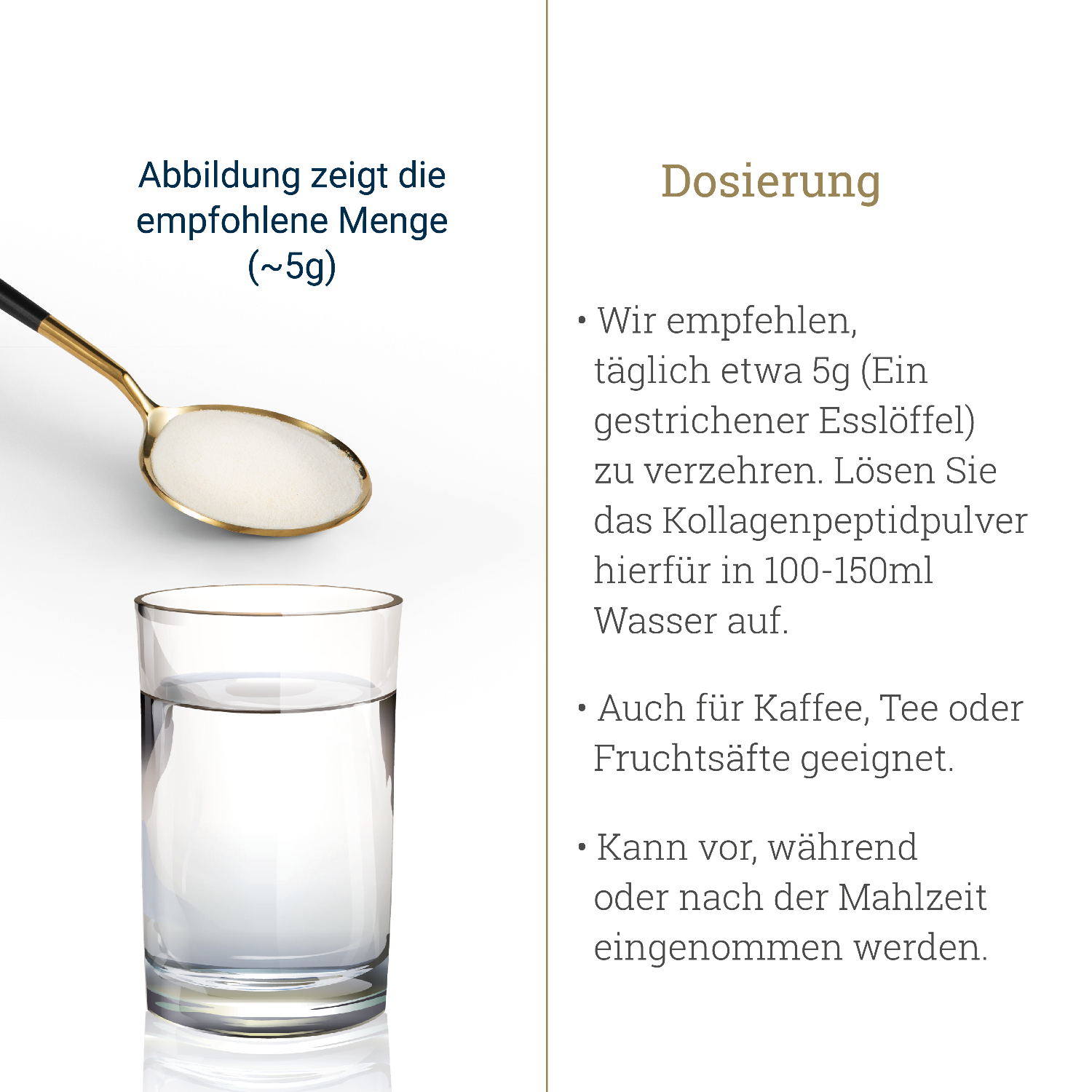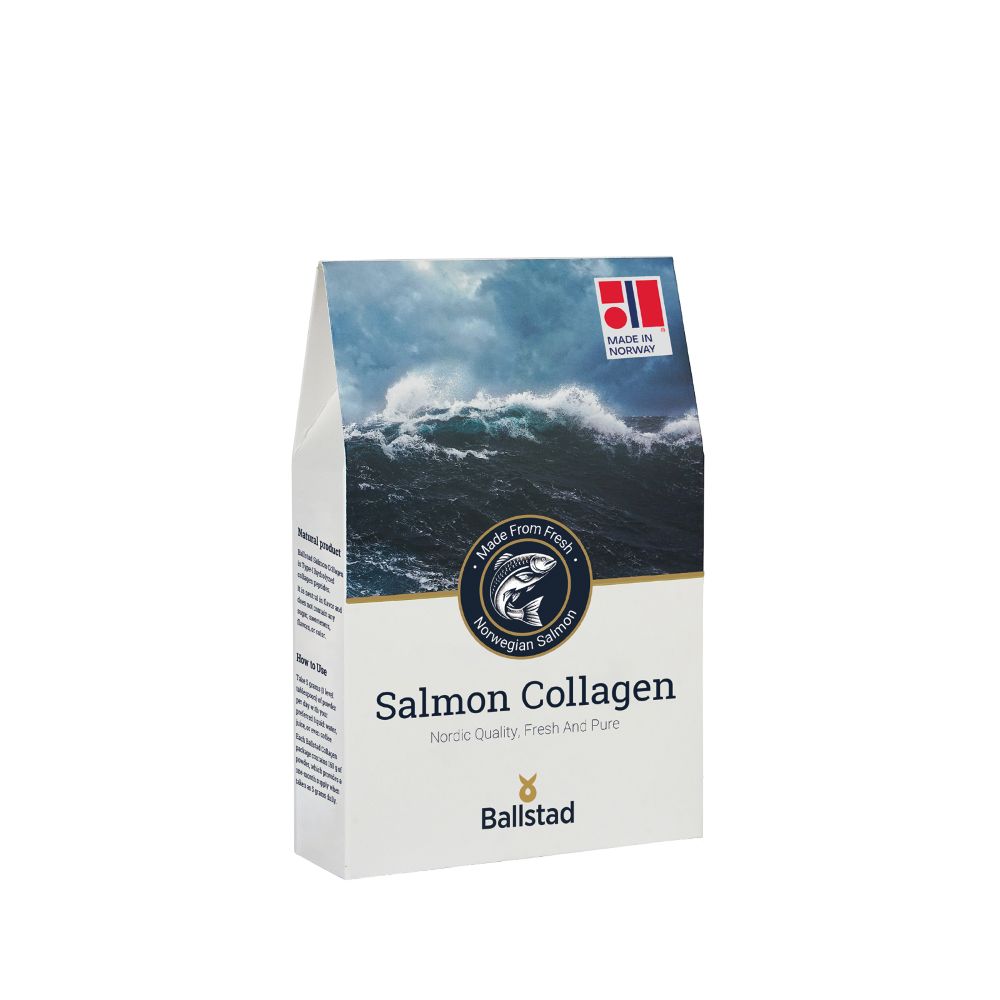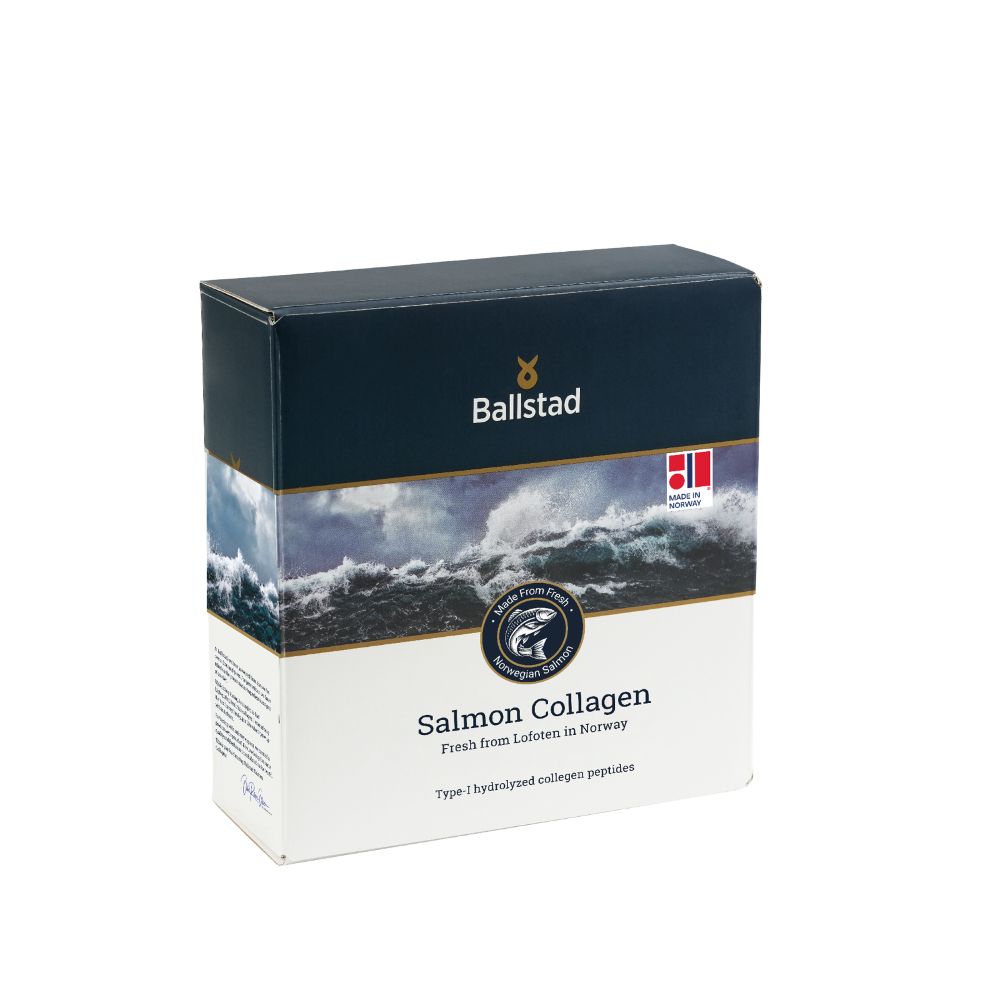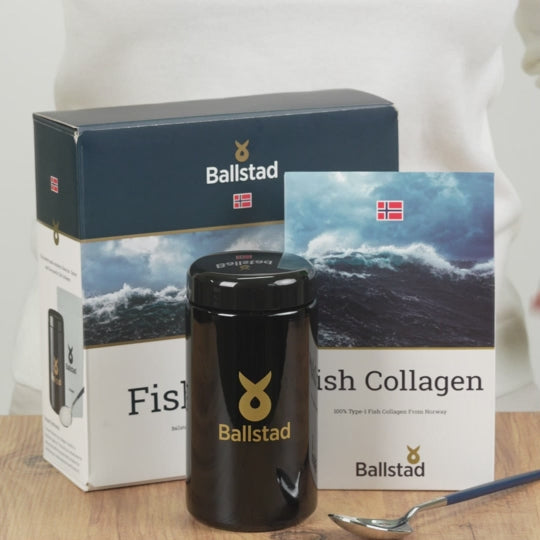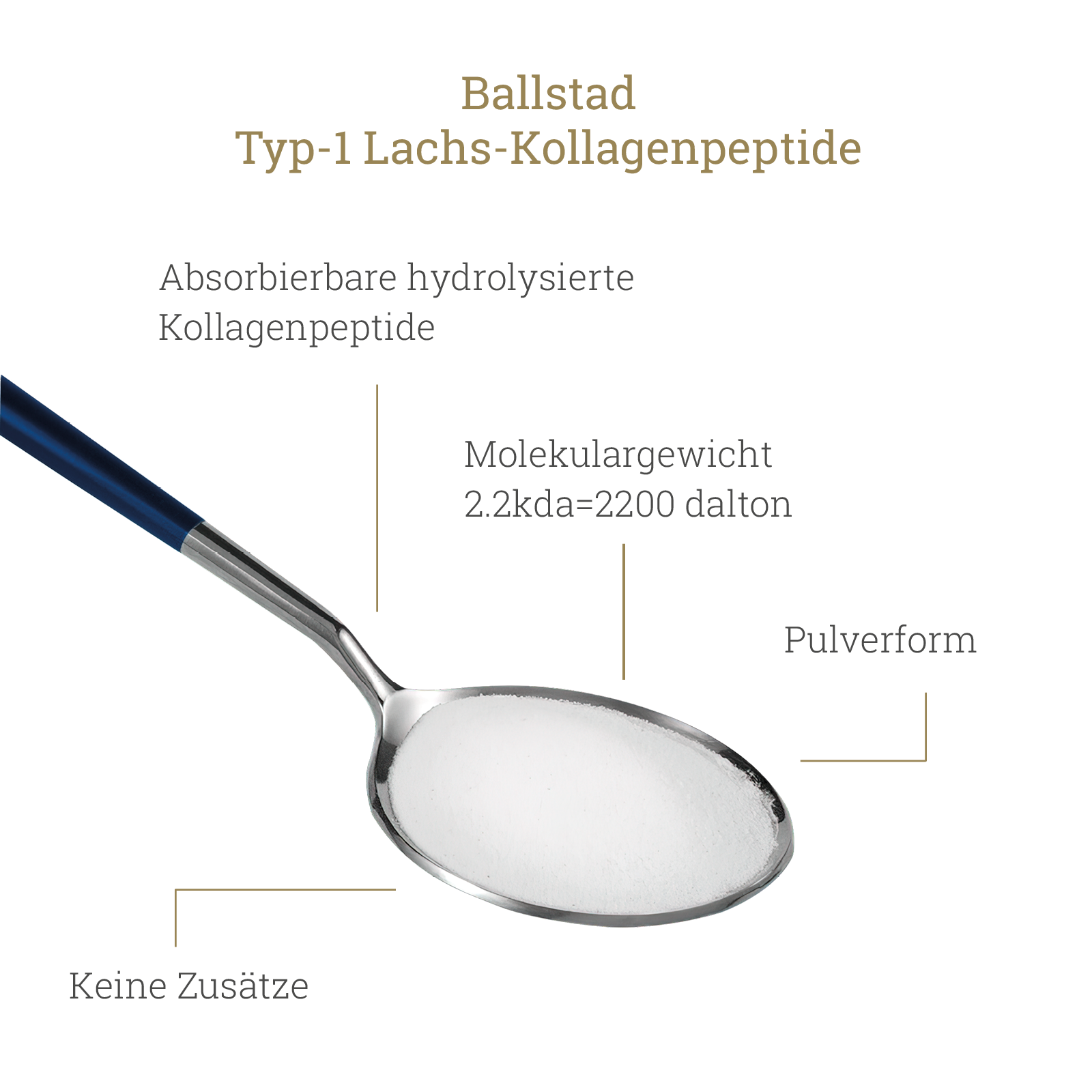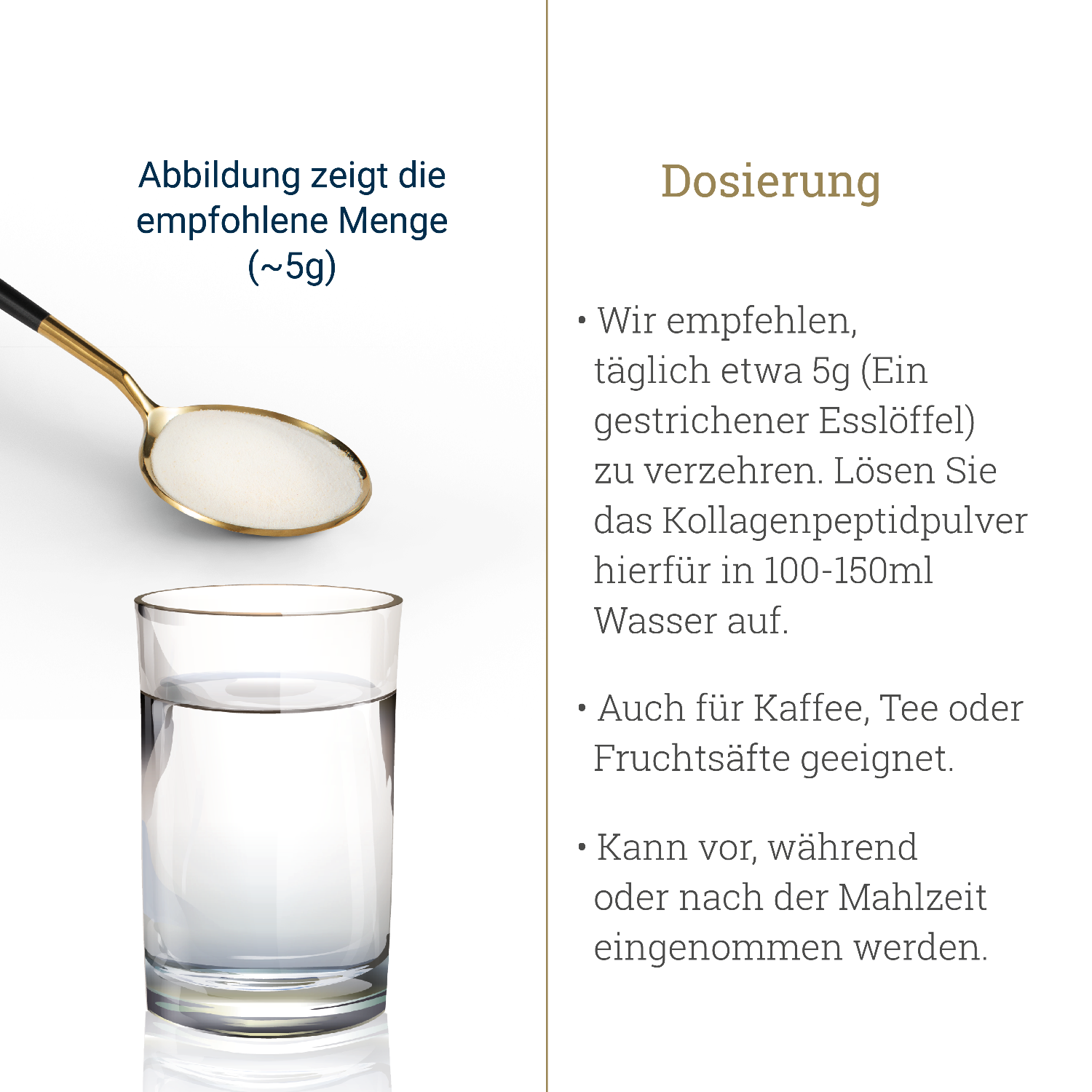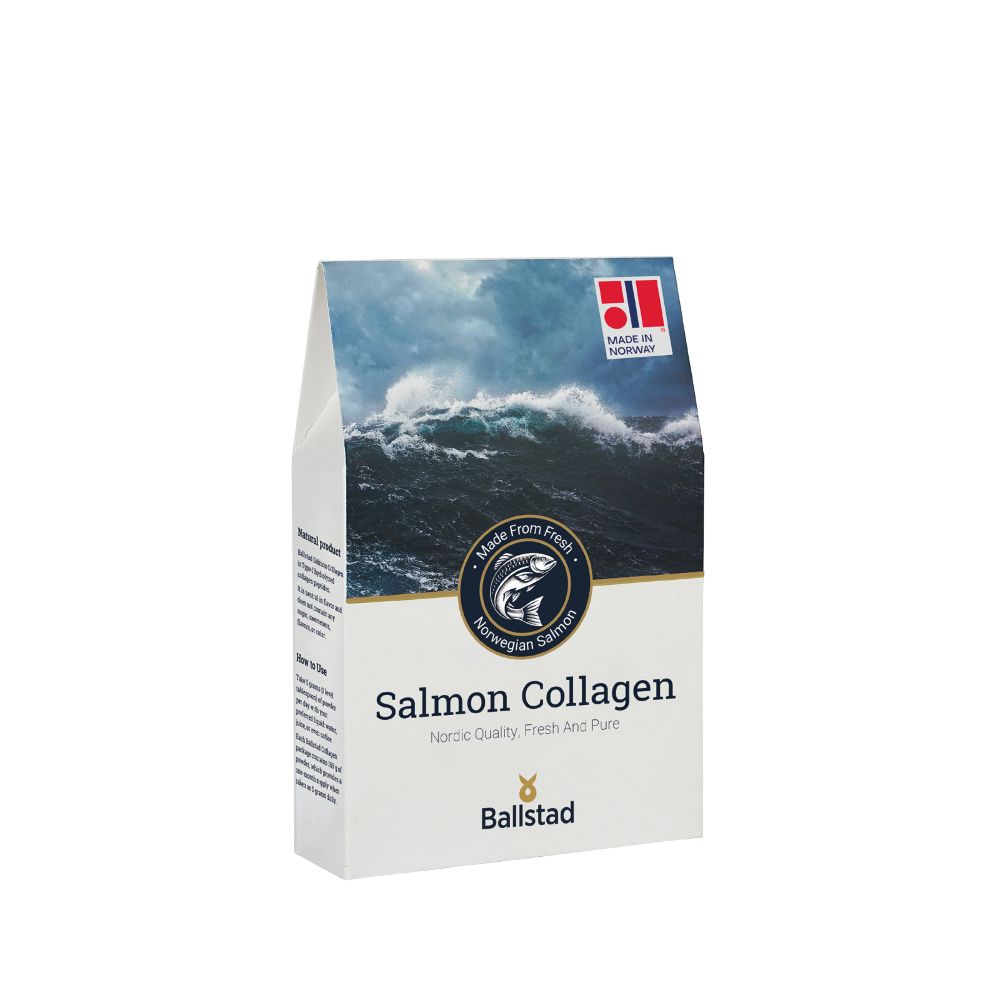Collagen – more than just a beauty aid
When you hear the word collagen , you might first think of firm skin or joint function. But collagen is a versatile structural protein—it also plays an important role in the digestive system .
Less well-known, but all the more interesting: Collagen can help maintain the natural functions of your gut. It supports the body in supplying amino acids, which are necessary for many processes in the digestive tract.
Your gut can do more than you think
The intestine is not only responsible for food processing. It is closely connected to other body systems and contributes to overall well-being . A key role in this is played by the intestinal mucosa —a natural barrier that prevents unwanted substances from the intestine from entering the bloodstream.
If this barrier is weakened, the delicate balance in the digestive tract can be disrupted. This can manifest itself in the form of discomfort or sensitivity to certain foods.
How collagen can support the digestive tract
1. Supply of important amino acids
Collagen contains valuable amino acids such as glycine and glutamine . These building blocks are needed by the body, among other things, to supply the cells in the gastrointestinal tract.
2. Supporting inner balance
Glycine is known for its balancing properties and is used in a variety of ways in the body. Adequate intake can help promote internal balance in the digestive system—especially in cases of an unbalanced diet or stressful life phases.
3. Contribution to optimal nutrient absorption
A functioning digestive tract is essential for optimal absorption of nutrients from food. The amino acids contained in collagen help maintain the structure of the mucous membrane—a fundamental prerequisite for nutrient utilization.
And what about the microbiome?
Even though collagen doesn't directly serve as food for intestinal bacteria, it can still indirectly contribute to a balanced intestinal environment . It creates favorable conditions for beneficial intestinal bacteria to thrive—an important prerequisite for your overall well-being.
Which collagen is suitable for supporting the intestines?
For targeted application, hydrolyzed collagen (collagen peptides) is recommended because it is already broken down into smaller components and can be easily absorbed by the body.
Marine collagen , rich in type I collagen and specific amino acids, is particularly popular. It's ideal for everyday use: simply stir it into water, smoothies, or coffee—no taste or smell.
Ballstad Marine Collagen offers high-quality, pure collagen from sustainable marine sources – for a conscious lifestyle from the inside out.
Conclusion: A strong gut begins with conscious support
If you want to promote your overall well-being, collagen can be a beneficial part of your daily routine. It's well-tolerated, easy to use, and a valuable addition to a balanced diet.
Sources
-
EFSA Journal – Scientific Opinion on the substantiation of health claims related to collagen hydrolysate and maintenance of joints/skin
-
Schauss AG et al. (2012): Collagen and Amino Acid Composition of Dietary Proteins and Their Functional Role
-
Expert Group on Food for Special Consumer Groups (BMEL): Legal information on food supplements in Germany
-
Federal Institute for Risk Assessment (BfR): Use of collagen in food
-
EFSA Register of Questions: Health Claims under Regulation (EC) No 1924/2006


